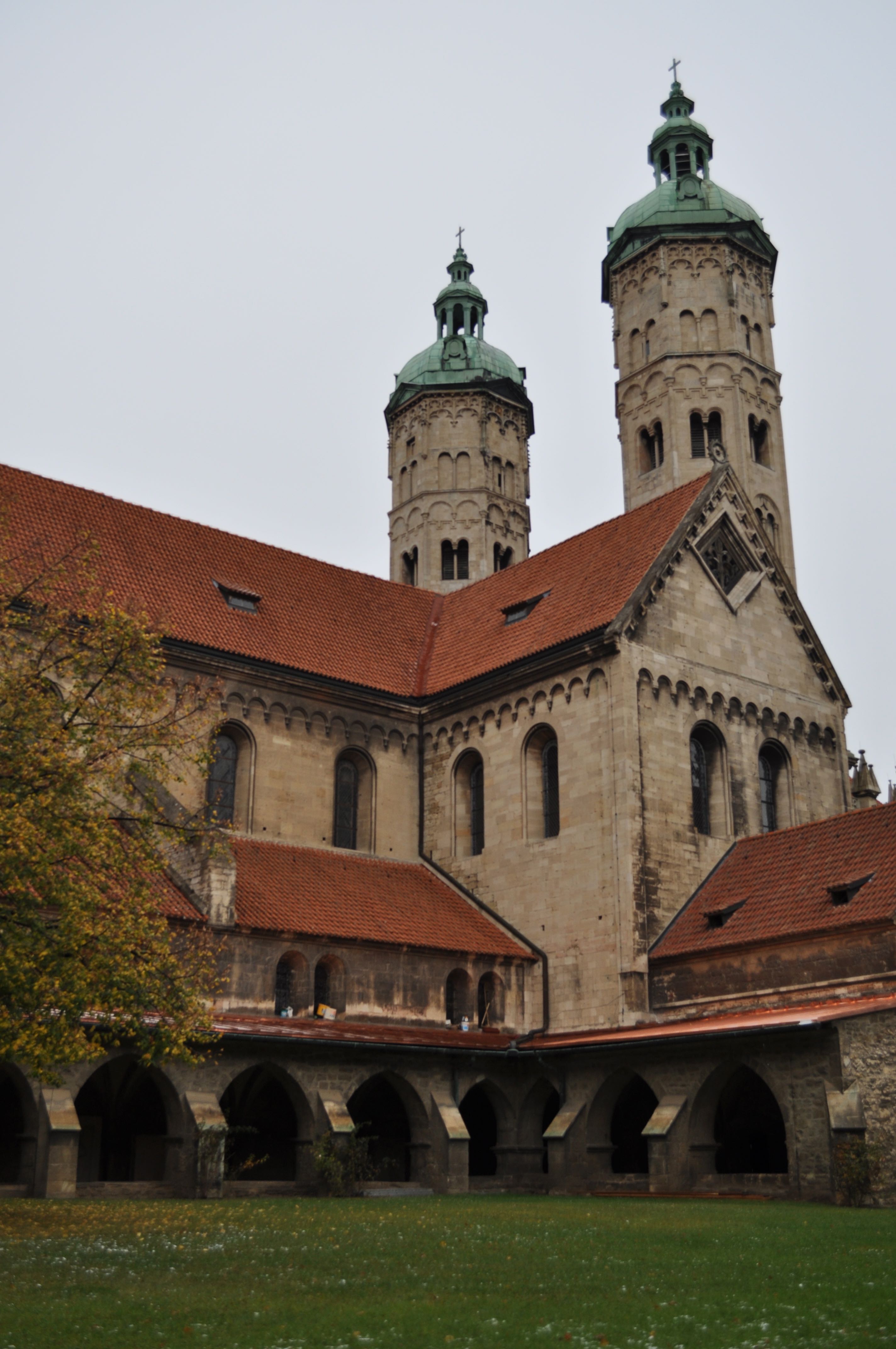

This site is dedicated to developing and presenting research and teaching materials about the interactions between Slavs and Germans in the Central Middle Ages along the Elbe river and beyond. Our aim is to provide scholars, teachers and students with resources for comprehending this understudied and underappreciated zone of cross-cultural contact in North Central Europe.
The project originated with the text that we call the Deeds of Wiprecht of Groitzsch (part of the Annals of Pegau), an invaluable twelfth-century source for this region. In our view, it comprises a number of independently authored, anonymous texts cut and pasted together to form a compilation into which later writers made a number of notations and insertions. The initial core of this website explains and demonstrates this visibly.
From there, we continue to expand the contents--rather piecemeal, as our inclinations lead us. We intend to provide ever more texts in translation; to include assemblages of raw data concerning select individuals, institutions, locations, and themes relevant to the Elbian borderlands; to create a variety of maps; and to link the material here to on-line resources elsewhere.
Lisa Wolverton, Professor of History at the University of Oregon, concentrates her research on the Czech Lands in the early and central Middle Ages. She received her Ph.D. from the University of Notre Dame and, from 1996-99, was a Junior Fellow at the Harvard Society of Fellows. Her books include Hastening Toward Prague: Power and Society in the Medieval Czech Lands (University of Pennsylvania Press, 2001), a translation of Cosmas of Prague’s Chronicle of the Czechs (Catholic University of America Press, 2009), and Cosmas of Prague: Narrative, Classicism, Politics (Catholic University of America Press, 2015). She is also the author, with Ian F. McNeely, of Reinventing Knowledge: From Alexandria to the Internet (W.W. Norton, 2008); editor, with David C. Mengel, of Christianity and Culture in the Middle Ages: Essays to Honor John Van Engen (University of Notre Dame Press, 2015), and translator, with Jonathan R. Lyon, of "The Deeds of Margrave Wiprecht of Groitzsch," published in Noble Society: Five Lives from Twelfth-Century Germany. Her current projects include an analysis of Czech involvement in the Investiture Contest, studies of historical and hagiographical writings during and after the rebellions against Henry IV, a set of essays on Central Europe in the Ottonian era, a study of Lampert of Hersfeld's Annals, and a book-length examination of the Deeds of Wiprecht.
Jonathan Lyon is Associate Professor of History at the University of Chicago. His research and teaching focus on the political and social history of Germany, Austria, and the Holy Roman Empire in the medieval period, particularly the eleventh through thirteenth centuries. He has held fellowships from the Austrian Science Fund (FWF: Lise Meitner Project #1534-G18), the German Academic Exchange Service (DAAD), the J. William Fulbright Program, and the Dolores Zohrab Liebmann Foundation. His first book, Princely Brothers and Sisters: The Sibling Bond in German Politics, 1100–1250 (Cornell University Press, 2013), was awarded the John Nicholas Brown prize by the Medieval Academy of America; it argues that sibling relationships played a pivotal role in shaping political dynamics both inside individual noble families and at the courts of the German kings and emperors. He is also the author of a volume of translations entitled Noble Society: Five Lives from Twelfth-Century Germany (Manchester University Press, 2017). His current research projects include a study of the office of church advocate in medieval Germany and a general survey of the history of the medieval Holy Roman Empire.
Chris Halsted is a Fellow at the Kluge Center in the Library of Congress. He received his PhD in Medieval History from the University of Virginia in 2021. His research focuses on the lands between the Elbe and the Oder rivers in the Carolingian and Ottonian periods, and his dissertation, “A Boar from the Mire: Elite Power, Eurasian Trade and Societal Transformation among the Baltic Slavs, c. 750-1050,” explores the changing systems of authority among the Transelbian Slavs through the lens of the intercontinental trade in slaves, furs, and silver. He has held fellowships from the Gerda Henkel Stiftung and the Jefferson Scholars Foundation, and published articles in journals including Viator, Early Medieval Europe, and Magic Ritual and Witchcraft. His other research interests include investigations of the intersecting concepts of witchcraft, the wilderness, and alterity in the Early Middle Ages.
Questions and comments about the website are most welcome. Please contact us at: lwolvert@uoregon.edu, chs.halsted@gmail.com, or jlyon@uchicago.edu